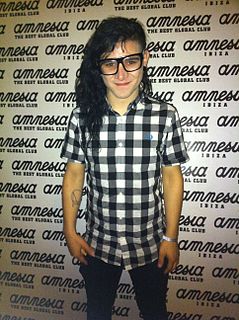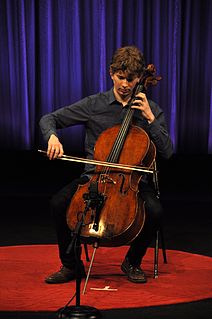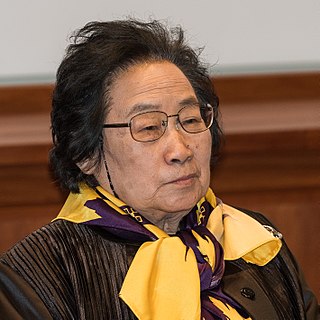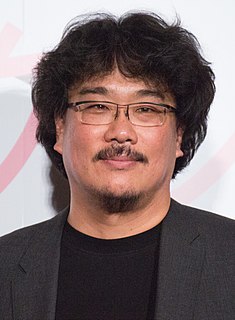A Quote by Chang-Rae Lee
I had a visceral connection to the period [of Korean War]. By visceral I suppose I mean emotional. But every fiction requires so much that is not that so I did a lot of other research and a lot of thinking, a lot of struggling there.
Related Quotes
I think it's important to humanize history; fiction can help us remember. A lot of books I've read in the past have been so much more important than textbooks - there is an emotional connection with one particular person. I'm very much of a research-is-important type of fiction writer, even for contemporary fiction. I wrote about blogs in America and I've never blogged. But I read many, many blogs - usually about feminist things, or about race, or about hair.
Intellectual culture seems to separate high art from low art. Low art is horror or pornography or anything that has a physical component to it and engages the reader on a visceral level and evokes a strong sympathetic reaction. High art is people driving in Volvos and talking a lot. I just don't want to keep those things separate. I think you can use visceral physical experiences to illustrate larger ideas, whether they're emotional or spiritual. I'm trying to not exclude high and low art or separate them.
Project 523 was both a good and a bad thing. They held so many meetings, and there were so many competing centres, it was a real mess. Nearly every province had their own research centre, and they all asked me to share my research, which I did. But that's no way to do science. They wasted a lot of money and a lot of time.
I needed to do a lot of saying no. I had a lot of [interest] from people who I just didn't think were quite right for it. And I didn't want a bad film to be made of the book, either a sentimental one or a creepy one, so I did a lot of, "No thank you." Then when the right filmmaker came along, yes, I suppose I presented myself very much as wanting to be the writer.
New York is such a special place. It's really intense for people because they live here when they're young. On top of the energy of the city there's a visceral experience a lot of people have because it's a time in their lives where they're just absorbing a lot. Things take on a significance that they might not otherwise.
I often tell people who want to write historical fiction: don't read all that much about the period you're writing about; read things from the period that you're writing about. There's a tendency to stoke up on a lot of biography and a lot of history, and not to actually get back to the original sources.
I see that things are getting made a lot faster for less money and there are a lot less opportunity, I think, for actors. There's not a lot of work in the U.K. I mean, that's why everyone's moving to America because that's where the work seems to be. But it definitely feels like a lot more of a slog to get a gig these days. I suppose that's a lot to do with our current climate and financial messes. I certainly see that people seem to have to work harder with a lot less time.
I really need to know where I'm going with fiction to write it in a way that at least I'm happy with. And I really think that a lot of fiction books end badly because terrific writers said, "I'll just figure it out" and plunge in, but have created so many problems that they are kind of impossible to solve. I mean, I'm talking really good writers do this and you can tell when they got to the end they either had to do something preposterous or they just don't really resolve things. So for fiction I spend a lot more time outlining and for humor I really don't do much of it.






































